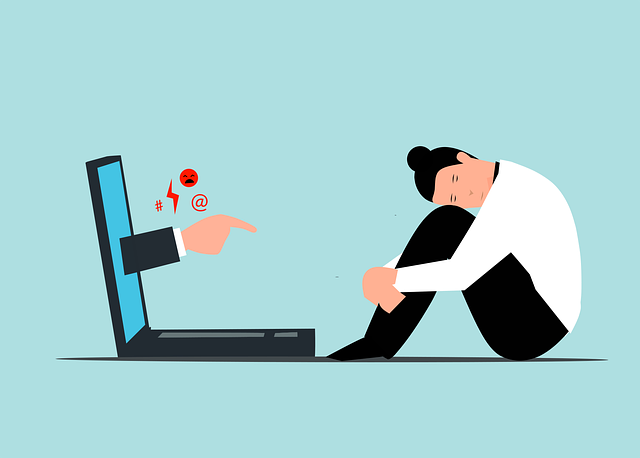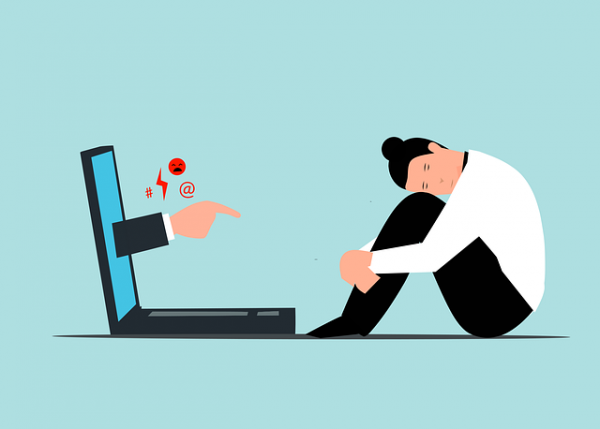Cyberbullying, also known as cyberstalking under Nigerian law, has become a significant issue with the rise of social media usage. To address this, Nigeria has put in place legal measures, primarily through Cybercrimes (Prohibition, Prevention, etc.) Act of 2015, which defines and criminalizes online harassment and abuse.
Read more about Social Media
Cybercrimes (Prohibition, Prevention, etc.) Act, 2015
The Cybercrimes Act is the cornerstone of legal protection against cyberbullying in Nigeria. Section 24 of the Act specifically deals with offences like sending threatening, offensive, or false messages through a computer system. It criminalizes actions that cause fear, harm, or harassment to another person. For example, anyone found guilty of cyberstalking—whether through bullying, threats, or intimidation online—faces penalties that may include a fine of up to ₦7 million or up to three years of imprisonment.
In more severe cases where a person transmits communications that induce fear of death, violence, or bodily harm, the penalty can be as high as 10 years in prison, along with a fine of ₦25 million. These harsh penalties are designed to deter harmful behaviour online and provide justice to victims.
Prohibition Orders and Victim Protection
Beyond punitive measures, Nigerian courts have the power to issue Prohibition Orders to protect victims from further harassment. These orders prevent the accused from contacting or threatening the victim, helping to safeguard their well-being and prevent the continuation of the abuse.
Sign up for the Connect Nigeria daily newsletter
Victims are also encouraged to report cyberbullying incidents to law enforcement agencies, although many cases still go unreported due to fear, stigma, or lack of awareness. The success of the legal framework depends heavily on enforcement and the willingness of victims to speak up.
Role of Defamation and Tort Law
In addition to the Cybercrimes Act, defamation laws can be applied to cases of cyberbullying. If a person’s reputation is damaged due to false statements made online, they can pursue a defamation claim in court. However, the plaintiff must prove that the statements were false and caused material damage to their reputation. This adds another layer of protection, especially in cases where cyberbullying overlaps with defamation.
Challenges and the Need for Awareness
While the legal framework exists, the enforcement of these laws is still a challenge. Many people are unaware of their rights or unsure of how to report such incidents. Non-governmental organizations and awareness campaigns play a critical role in educating the public about the dangers of cyberbullying and the legal remedies available.
Additionally, the government is encouraged to improve its oversight of social media platforms and online service providers to prevent misuse and ensure that cyberbullying cases are dealt with effectively.
Register to attend the CN Business Mixer
Conclusion
Nigeria has taken significant steps to protect social media users from cyberbullying, particularly through the Cybercrimes Act of 2015. Although challenges remain in terms of enforcement and public awareness, the legal provisions offer a solid foundation for addressing online harassment. Victims are encouraged to report incidents and take advantage of the legal protections available to them, ensuring that social media remains a safer space for all.
Got a suggestion? Contact us: [email protected]


